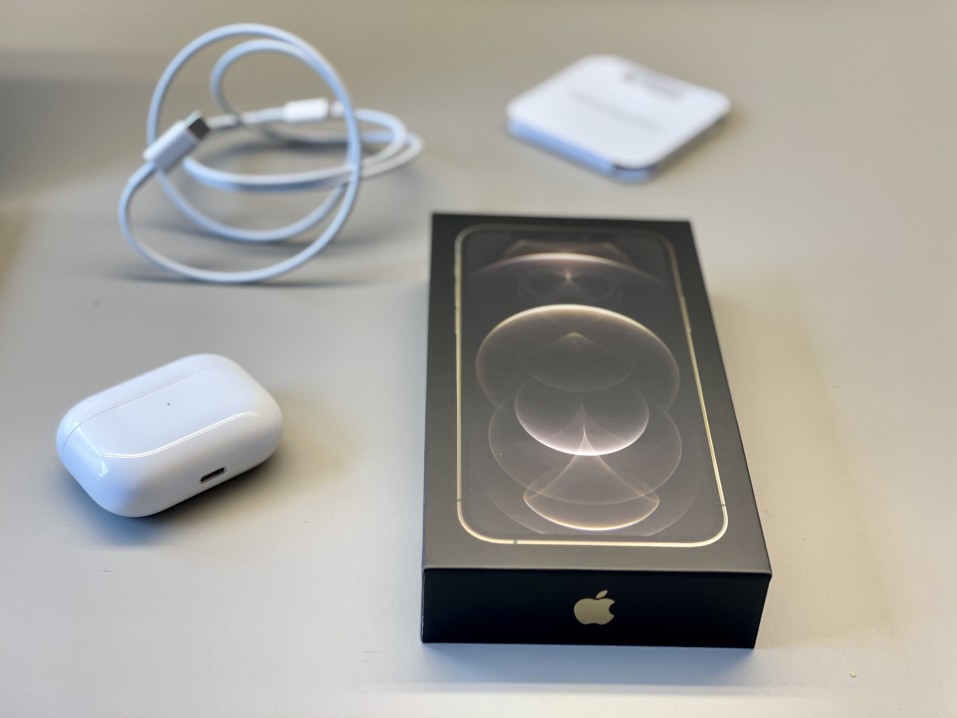Apple and many smartphone manufacturers will have to accept the common charging standard for the entire European market.
It is likely that EU lawmakers and EU member states will approve a common charging standard for smartphones, tablets, headphones, and other electronic devices before the end of this year. This was revealed by a congressman in charge of the project.
The European Commission first approved the single charging standard more than a decade ago, but the law was only enacted last year after manufacturers failed to agree on a common technical solution.
iPhone and Android users have long complained about having to use different chargers. If the iPhone is charging using the Lightning port, the Android smartphone models are using USB Type-C.

According to statistics in 2018, half of the smartphones are using micro USB ports, 29% using USB Type-C, and 21% using Lightning. Now, the balance has probably shifted dramatically in favor of USB Type-C.
According to Alex Agius Saliba, an MP who oversees the issue in the European Parliament, a vote on the issue will take place in May at the earliest, after which it will be discussed with individual countries first. when last passed.
“The law will come into effect at the end of this year.” – Saliba told Reuters – “This is our intention. An agreement by the end of the year is likely to materialize. This is our ambition.”
According to this senator, the EU will move to unify a common charging port for many other devices such as e-books, laptops, keyboards, computer mice, headphones, smartwatches, electronic toys, etc. The European Commission only deals with key objects such as smartphones, tablets, and headphones.
In addition, Saliba wants the European Commission to balance the new legislation with its wireless charging infrastructure by 2025.
Agius Saliba expressed his belief: “The opportunity will be completely missed if we only focus on smartphones.”
According to him, the single-port law will take effect six months after it is passed, meaning manufacturers will have time to adjust their devices.
When the new initiative was launched, Apple protested. The US technology company believes that the EU initiative could negatively impact innovation and create more e-waste if lawmakers force consumers to switch to new chargers.
But in response, the EU seems very steadfast in its position and will certainly want to approve the initiative as soon as possible. Until then, Apple should probably prepare a response plan if it still wants to stay in the EU market.







